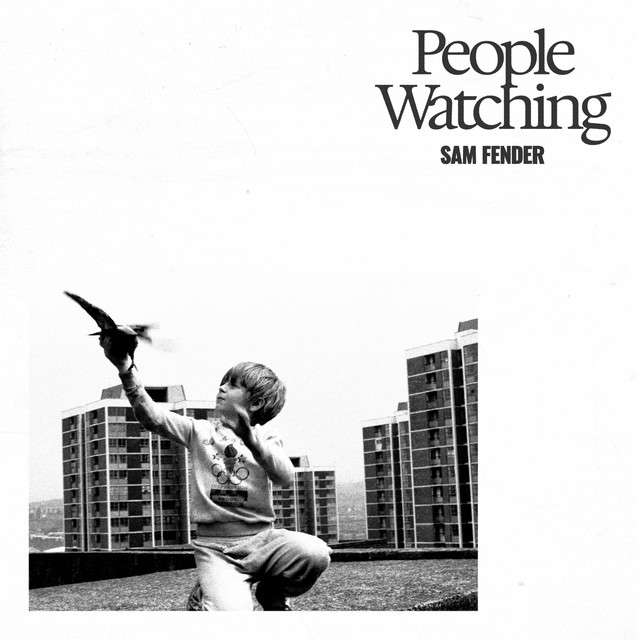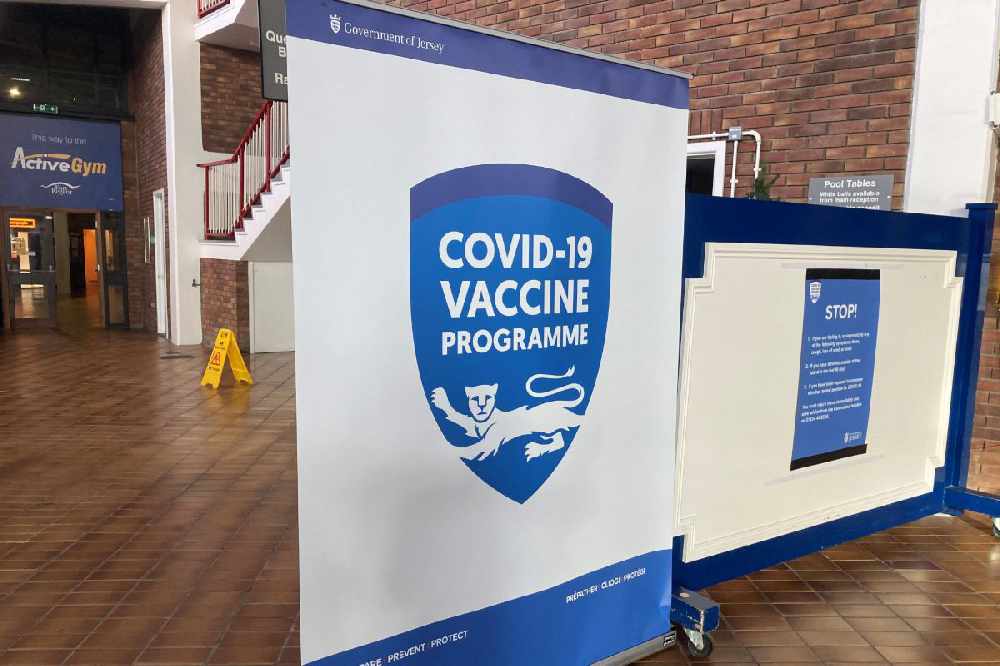
The government says 18 to 29 year olds in Jersey will be offered either the Pfizer or Moderna coronavirus vaccine 'where possible'.
It comes after the UK medicines regulator recommended that under 30s shouldn't get the Oxford-AstraZeneca jab because of the risk of very rare blood clots.
A statement has been released following announcements by the Joint Committee on Vaccination and the Immunisation and Healthcare Products Regulatory Agency.
A response from @becksherrington and Dr Ivan Muscat regarding the use of the AstraZeneca vaccine in younger people under the age of 30, following today’s recommendations from the @JCVI and MHRA.
— Government of Jersey (@GovJersey) April 7, 2021
▶️ https://t.co/IcHUkm3KlY pic.twitter.com/yXRsLuO4aD
79 people in Britain developed blood clots after getting that brand of vaccine, with 19 of them dying. They were aged between 18 and 79 and three of them were under the age of 30.
More than 20 million people in Britain have been given the Oxford vaccine. The risk of a specific type of clot is around four in a million.
The MHRA says there is a possible link, but there are huge benefits to getting the vaccine to protect against Covid-19 - and the JCVI says it's safer to advise people under the age of 30 to get a different jab because they are much less likely to die after getting the virus.
The head of Jersey's vaccine programme, Becky Sherrington, says everyone who has already had a first dose of the Oxford-AstraZeneca vaccine should get it for their second as well, no matter how old they are.
“The Oxford/AstraZeneca vaccine is safe, effective and has already saved thousands of lives. As the MHRA and the JCVI have said, the benefits of the vaccine far outweigh the risks for the vast majority of adults. Everybody who has already had a first dose of the AstraZeneca vaccine should receive a second dose of the same brand, irrespective of age. When people are called, they should get their jab. Vaccines are the best way out of this pandemic and provide strong protection against COVID-19.
"Islanders can therefore be reassured that we will continue with our Phase 1 vaccination roll out to protect people from the risks of COVID-19. This news will not affect the longer term roll out of Jersey’s Vaccination Programme for Phase 2, as we open up appointments to Islanders aged 40-49.
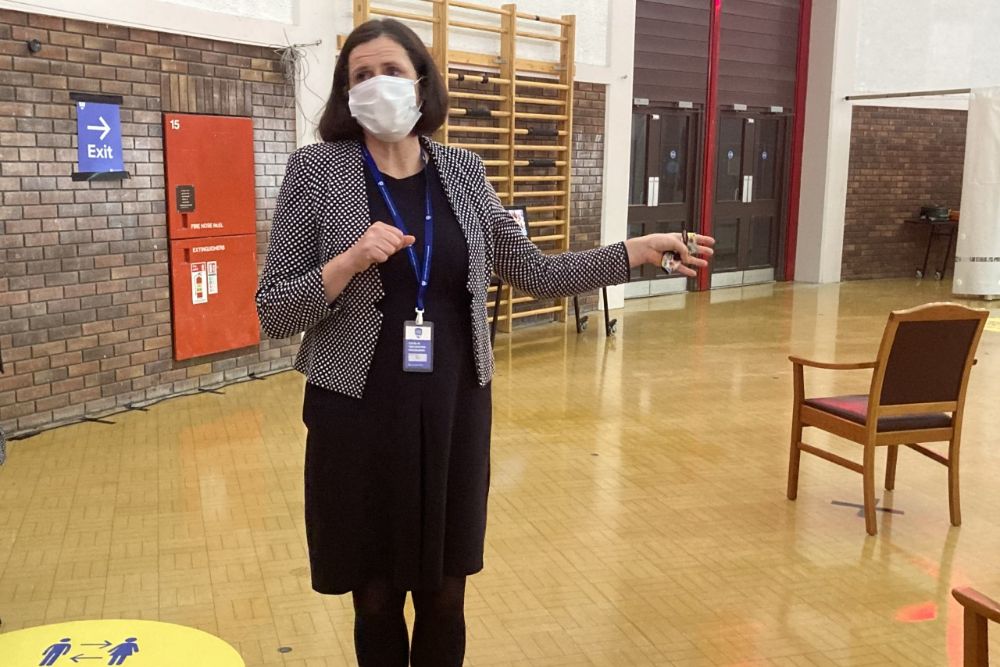
"However, as a result of the updated guidance, we have reviewed our vaccine schedule for Islanders under 30 years old and have incorporated this into our planning. With the arrival of the Moderna vaccine on Island next week, as well as continued supply of Pfizer vaccine, we are confident we have enough doses of alternative vaccines to continue to vaccinate at pace."
The Moderna vaccine was rolled out in the UK from yesterday (6 April). A 24 year old unpaid carer from Carmarthenshire in Wales was the first to get it.
The World Health Organisation has stressed that the benefits of getting the Oxford vaccine outweigh the risks, despite saying the link between the jab and blood clots 'with low platelets' is, while not confirmed, plausible.
The benefits of the #COVID19 vaccine outweigh the risks.
— World Health Organization (WHO) (@WHO) April 7, 2021
The AstraZeneca COVID-19 vaccine has been saving lives and countries should continue vaccinating https://t.co/p8XMMAiUne https://t.co/luAcFLCaxP
EU regulators say 'unusual blood clots' should be listed as a 'very rare' side-effect of the jab.
Jersey's Deputy Medical Officer of Health, Dr. Ivan Muscat, says it's essential that islanders over the age of 30 get vaccinated as soon as they can.
"Age has always been the defining factor in assessing the risk from COVID. The benefit/risk ratio above the age of 30 is very much in favour of vaccination. All medical interventions are a balance between the risk of treating or preventing disease on the one hand, and the risk of no intervention and the disease itself on the other.
"The risk of a specific type of clot is very low – some 1 in 250,000 doses of vaccine. Islanders who have already received their first Oxford-AstraZeneca vaccine, whether under or over 30 years old, need not be concerned and do not need to seek healthcare unless they have leg swelling, shortness of breath, pain in their chest or abdomen, bruising beyond the vaccination site or neurological symptoms such as prolonged headache or confusion, especially if occurring within 14 days of vaccination. If this is the case, they should seek medical advice without delay.
"COVID-19 remains a very real threat with the potential for a third wave lingering across Europe."
First-dose vaccine appointments are still open for over 50s and islanders classed as moderate or high-risk.


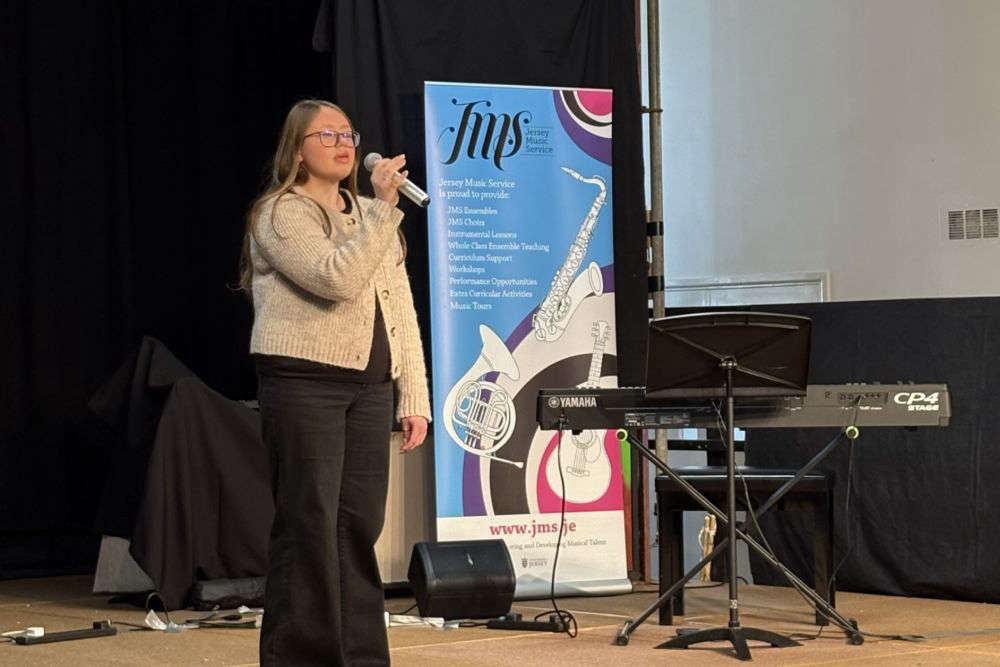 The first 'Jersey Contemporary Musician' will be crowned this weekend
The first 'Jersey Contemporary Musician' will be crowned this weekend
 Ten rare bats at Jersey Zoo die from infection
Ten rare bats at Jersey Zoo die from infection
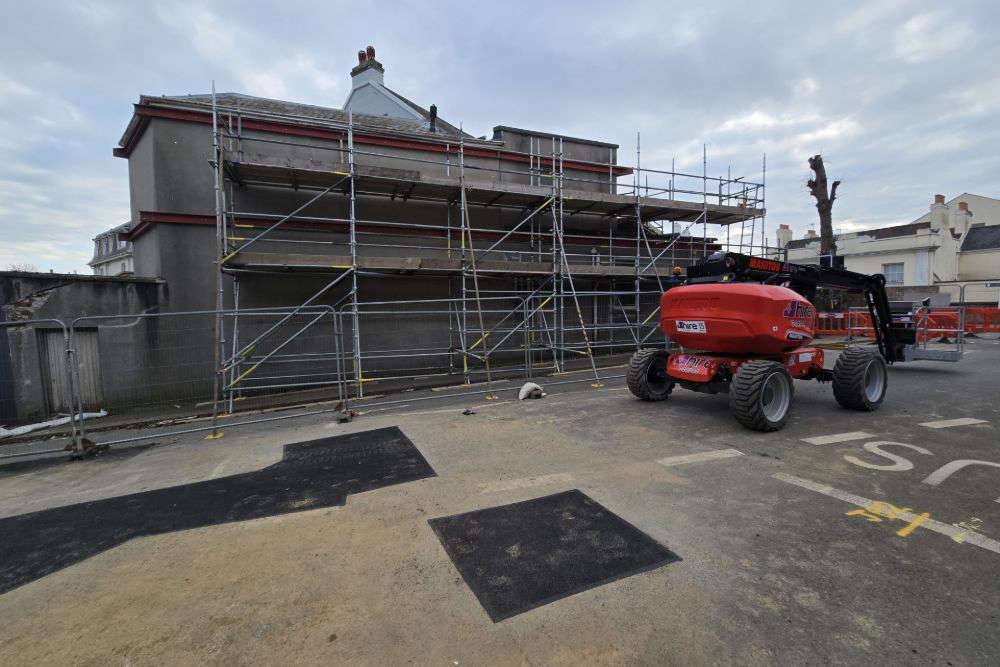 Still no date for Rouge Bouillon reopening
Still no date for Rouge Bouillon reopening
 New-look Youth Assembly hopes to attract more teens
New-look Youth Assembly hopes to attract more teens
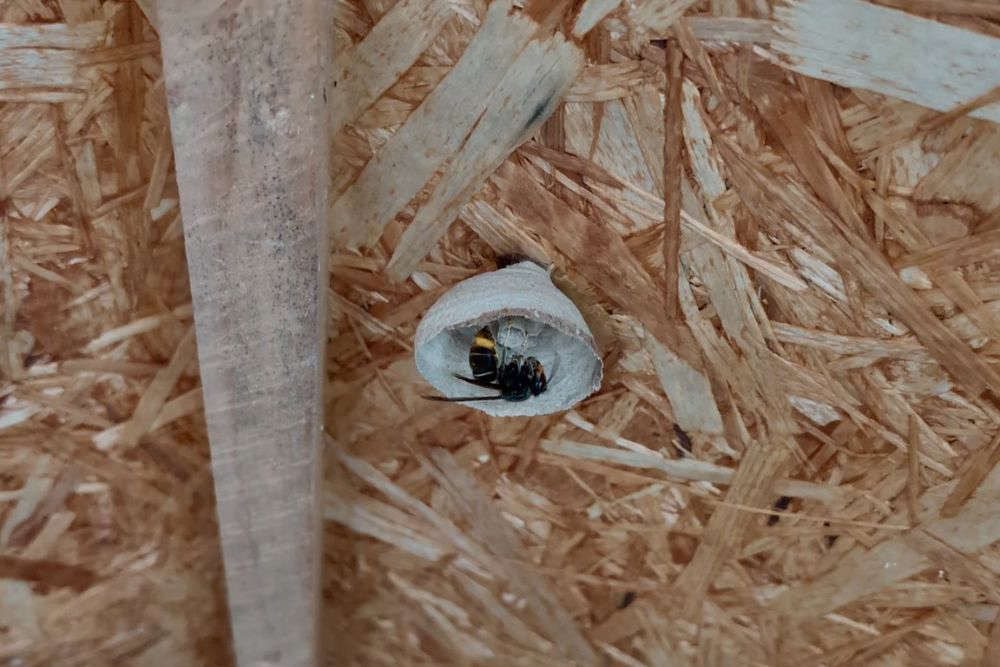 Record year for Asian hornets in Jersey already
Record year for Asian hornets in Jersey already
 Man accused of assaulting young girl twice on St Helier's high street
Man accused of assaulting young girl twice on St Helier's high street
 Tenant experiences needed to inform changes to renting laws
Tenant experiences needed to inform changes to renting laws
 Organ donors to be recognised with public memorial
Organ donors to be recognised with public memorial

